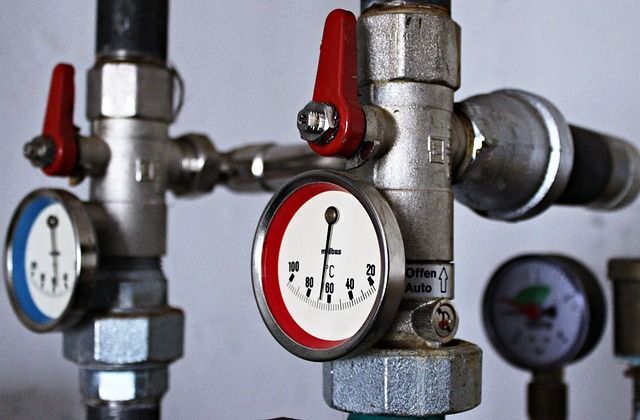Blog | How to Maximize Energy Efficiency with Your Edmond Heat and Air System

Maximizing energy efficiency with your heating and air system can save you money on utility bills while also helping the environment. In Edmond, where temperatures can range from hot summers to cold winters, having an energy-efficient HVAC system is essential for year-round comfort. Here are some simple ways to improve your system's efficiency and reduce energy consumption.
1. Regular Maintenance
One of the best ways to keep your HVAC system running efficiently is by scheduling regular maintenance. Have a professional technician inspect your system at least once a year. They will clean the coils, replace filters, check for leaks, and make any necessary repairs. A well-maintained system runs smoother and uses less energy. This can also help prevent costly breakdowns and extend the life of your equipment.
2. Upgrade Your Thermostat
A smart or programmable thermostat can help you control the temperature in your home more efficiently. With a smart thermostat, you can adjust the temperature remotely and set schedules to ensure your system isn’t running when it’s not needed. For example, you can lower the temperature when you're not home during the winter and raise it before you return. This simple adjustment can make a big difference in reducing energy use.
3. Insulate Your Home Properly
Good insulation is crucial for keeping your home at a comfortable temperature without overworking your heating and air system. Make sure your home is properly insulated, especially in the attic and around windows and doors. You can also seal cracks and gaps around windows and doors to prevent drafts. Insulation helps keep the warm air inside during the winter and cool air inside during the summer, so your HVAC system doesn't have to work as hard.
4. Change Air Filters Regularly
Clogged and dirty air filters can block airflow and force your HVAC system to work harder. This uses more energy and can reduce the efficiency of your system. To keep your system running efficiently, change the filters every 1 to 3 months, depending on usage. Clean filters allow air to flow freely, making it easier for your system to heat or cool your home.
5. Consider Upgrading to Energy-Efficient Equipment
If your HVAC system is old, it might be time to consider upgrading to a more energy-efficient model. Newer systems, especially those with the Energy Star label, are designed to use less energy while providing better performance. Although the initial cost of upgrading can be high, the long-term savings on your energy bills often make it a worthwhile investment.
By following these simple steps, you can maximize the energy efficiency of your heating and air system, keeping your home comfortable and reducing your energy costs. Regular maintenance, smart thermostat use, proper insulation, and clean air filters are easy yet effective ways to help your system run at its best.